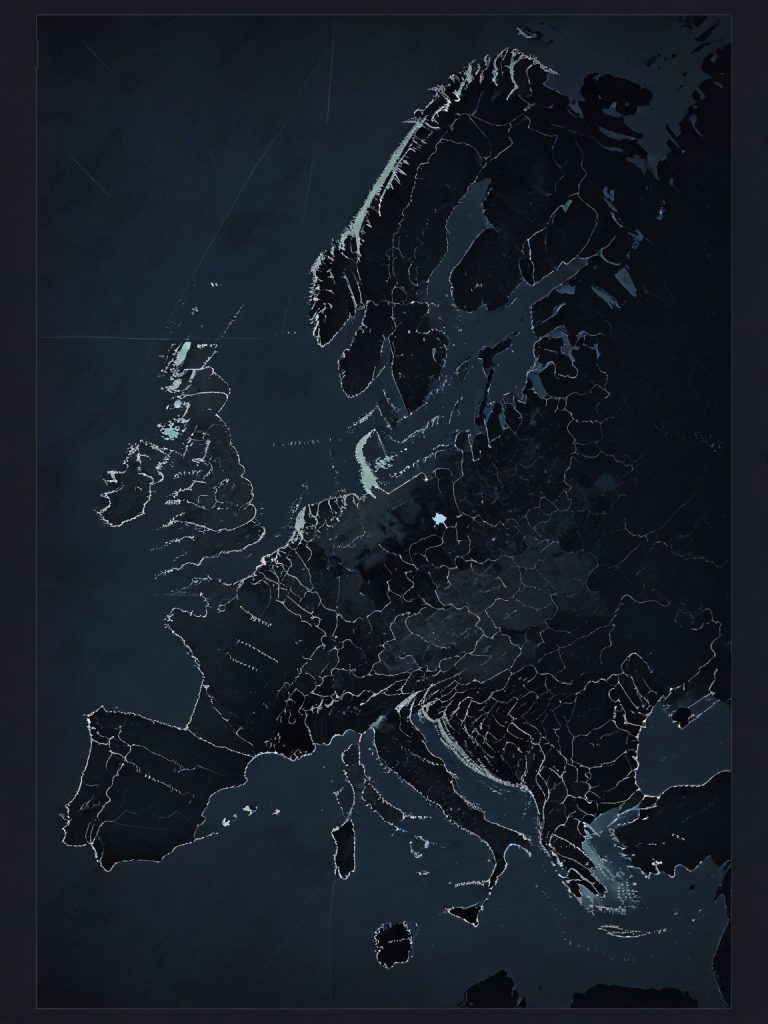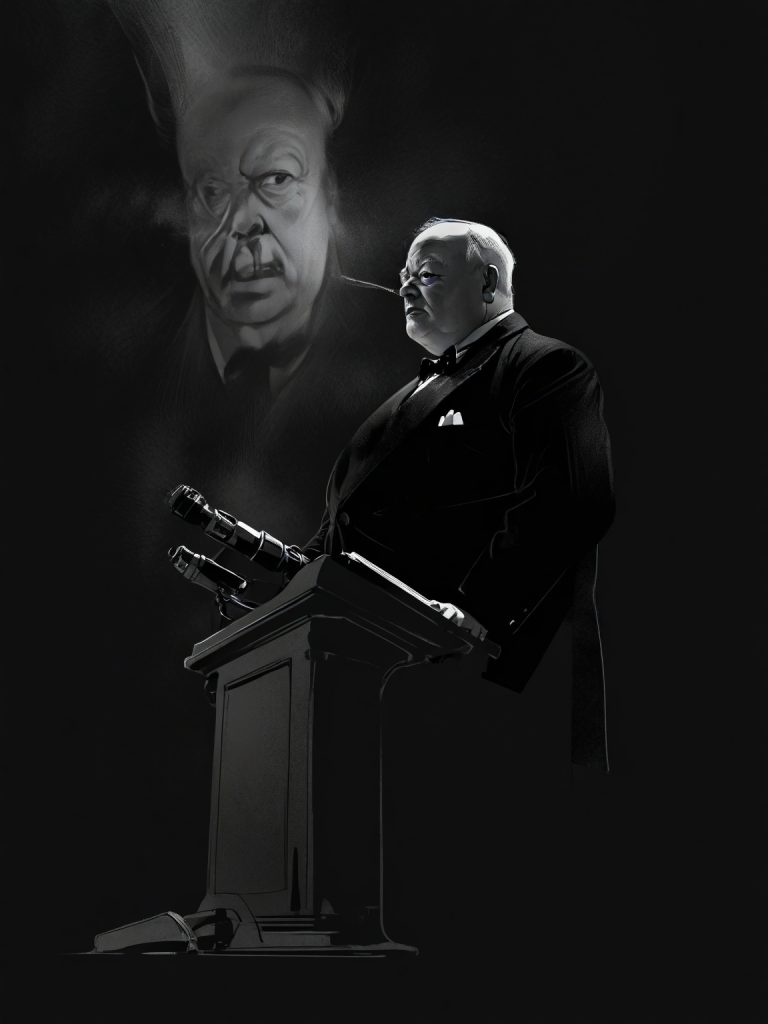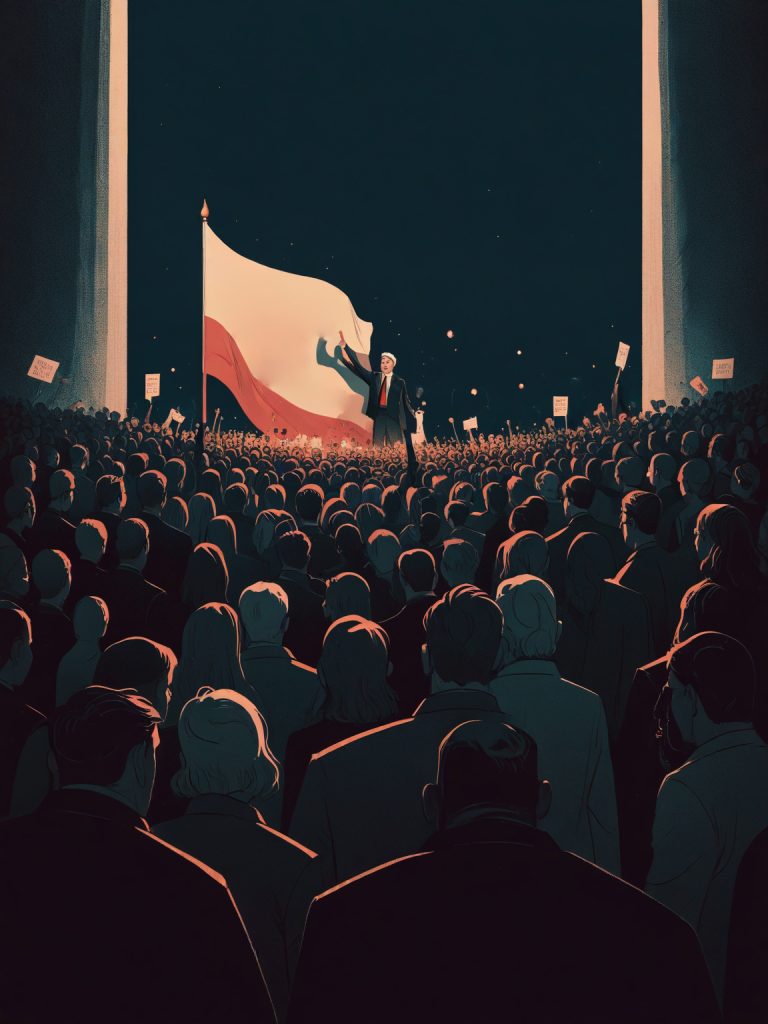Many believe the Nazis were on the verge of winning World War II. This article dismantles that myth! You’ll learn why Germany’s resources were limited, how Britain’s vast empire aided the war effort, and why alternative strategies wouldn’t have secured Nazi dominance.
This article offers unique insights you won’t find elsewhere. Discover how the Nazi near-victory myth pops up in modern events and why critical thinking is essential to combating misinformation.
TL;DR
- Goes beyond simply stating the Nazis lost to explore the reasons behind their inevitable defeat.
- Connects the WWII myth to current events, making the history relevant to modern readers.
- Offers a clear call to action: develop critical thinking skills to combat misinformation.

Hey there, history buffs! Ever wonder why some folks say the Nazis were a hair’s breadth from winning World War II? It seems counterintuitive, right?
We all know they were ultimately crushed by the Allies. But why does this perception persist? Buckle up, because we’re about to debunk this myth and explore some fascinating “what ifs” along the way.
Here’s the shocker: The Nazis were NEVER truly close to victory. They lacked a fully mechanized army, were outnumbered by the vast British Empire (even with its far-flung territories), and never dominated the skies or seas. They relied heavily on the blitzkrieg tactic – lightning-fast armored offensives – which worked well in the early stages of the war but ultimately proved unsustainable.
So, why do we sometimes give them so much credit?
Let’s rewind to 1940. France falls, leaving Britain seemingly all alone. The German juggernaut appears unstoppable, fueled by a string of conquests in Europe. The Brits are demoralized, but a tiny island nation with a fighting spirit like theirs? Never underestimate them! ????????
This is where things get interesting. Historian Ian Kershaw’s book, “Fateful Choices,” examines key decisions made around 1940-41 that drastically altered the course of the war. Imagine a world where Churchill threw in the towel after the fall of France, Hitler delayed Barbarossa (the invasion of the USSR), or Japan chickened out of attacking Pearl Harbor. These seemingly small pivots could have drastically changed the outcome!

Even by mid-1942, things looked bleak for the Allies. The Soviets barely held on against the Nazi onslaught, and the US was a military novice just starting to ramp up its forces. But don’t lose hope just yet!
Here’s a crucial point: Hindsight is 20/20. Looking back, the Nazi defeat seems inevitable. But in the heat of the moment, the picture wasn’t so clear. The uncertainty fueled public fear and even influenced leaders’ decisions. Newspapers were filled with accounts of German victories, and the possibility of a Nazi invasion of Britain loomed large.
Propaganda also played a role on all sides. Leaders needed to keep their citizens motivated, so portraying the war as a close fight was essential. This “cultural momentum” of fear from the early war years lingered long after the tide had turned, even influencing post-war narratives.
Now, let’s delve deeper into some of the factors that make the Nazi “near victory” narrative a myth:
- Resource Constraints: While Germany enjoyed a temporary advantage after conquering parts of Europe, their economic footing was shaky. They lacked access to crucial resources like oil and relied heavily on slave labor from occupied territories. Adam Tooze’s “The Wages of Destruction” offers a deep dive into the cracks in the Nazi war machine.
- The Strength of the British Empire: Britain wasn’t truly alone. Its vast empire provided crucial resources and manpower. Canada, India, and Australia all played significant roles in the war effort, often overlooked in traditional narratives. This global network helped Britain stay afloat even after the fall of France.
- Alternative Strategies: What if the Germans had focused on the Mediterranean instead of invading the USSR? Historians like Kershaw and Keegan explore this fascinating possibility. A successful Mediterranean campaign could have threatened British shipping lanes and put pressure on their North African holdings. However, it’s unlikely it would have delivered a knockout blow. The sheer industrial might of the combined Allied forces would have eventually overwhelmed Germany.
By understanding these complexities, we can truly appreciate the resilience of the Allies and the sheer unlikelihood of a Nazi victory. The Nazis gambled on a quick war, and when that failed, their weaknesses were exposed.

Why the Nazi Near-Victory Myth Persists Today: Echoes in Modern Events
The misconception that the Nazis were on the cusp of victory in World War II isn’t relegated to dusty history books. This distorted view occasionally surfaces in contemporary events, often used to downplay the dangers of authoritarian regimes or justify military action. Here are a few recent examples:
- Russia’s Invasion of Ukraine (2022): Some commentators initially compared Russia’s swift capture of Ukrainian territory to the blitzkrieg tactics employed by the Nazis. However, the Ukrainian resistance proved far more tenacious than anticipated, bogging down the Russian advance. This highlights a key weakness of the Nazi war machine – its inability to sustain lightning-war tactics against a determined foe. (Source)
- The Rise of Populism (2016-Present): Nationalist leaders in Europe and the US have sometimes used rhetoric that echoes Nazi ideology, downplaying the horrors of the Holocaust or portraying immigrants as a threat. Understanding the historical context of Nazi Germany’s expansionist aims helps us identify the warning signs of authoritarian populism today. (Source)
- Misinformation and Social Media (2016-Present): The pervasiveness of fake news and historical revisionism online can fuel the myth of a near-Nazi victory. Social media algorithms can create echo chambers where users are only exposed to information that confirms their existing biases. Critical thinking skills and a reliance on reputable sources are essential to debunking these myths. (Source)
By staying informed about these contemporary examples, we can see how the myth of a near-Nazi victory continues to resonate in the 21st century. Understanding the dangers of authoritarianism, misinformation, and historical revisionism is crucial for safeguarding democracy and peace.

Ready to learn more? Here are some resources to fuel your history buff fire:
- “Wartime Farm” documentary series – This dives into the challenges Britain faced in mobilizing its domestic resources for the war effort.
- “Fateful Choices” by Ian Kershaw – Analyzes key decisions from 1940-41 that shaped the war’s trajectory.
- “The Wages of Destruction” by Adam Tooze – Examines the economic underpinnings of the Nazi war machine.
- “Engineers of Victory” by Paul Kennedy – Highlights the crucial role of Allied airpower in defeating the Nazis.
Remember: History is full of surprises. So next time you hear someone say the Nazis were almost victorious, you’ll be armed with the knowledge to debunk the myth! You’ll be able to explain the factors that ensured their ultimate defeat and the heroism of the Allied forces who fought for freedom.







